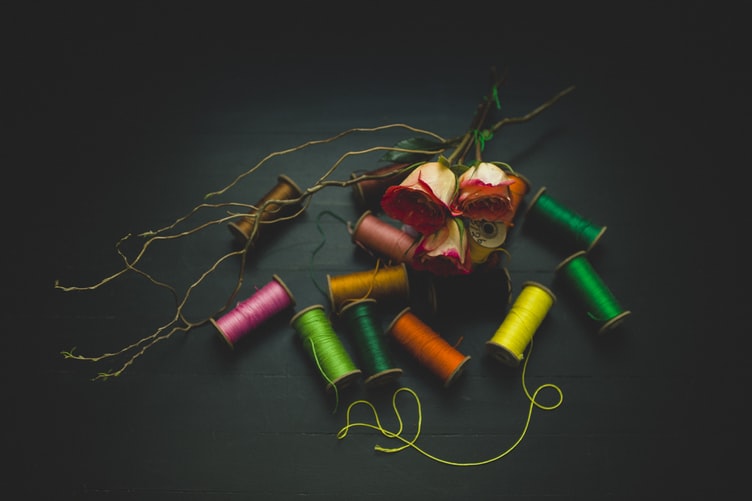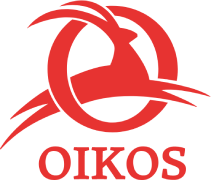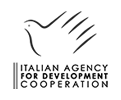Change fashion!
From fast fashion to a sustainable and transparent textile chain

Country
Partner
Reversing the trends
The textile industry is one of the main employment and production sectors. At a global level, it counts 300 million employees and generates a revenue of 1.3 trillion dollars. Numbers are still growing, thanks to the constant demand for new garments.
Every year, every season, trends change. Stimulated by ads, people's desires secure a high purchase rate. Meanwhile, fast fashion becomes less and less socially and environmentally sustainable. How can this trend be stopped? The first step is to spread awareness, above all among young people. Then, it is important to support production models which respect human rights and the safeguard of the environment.
Nowadays, people are used to buying more clothes than what is necessary and they change them more and more often. At a social and environmental level, the cost of fast fashion is becoming increasingly high. Meanwhile, tracing all the steps of the production chain of our garment is getting more difficult every day: global production networks multiply intermediate steps and the number of suppliers. Buying less and better can have a positive impact on the safeguard of the environment and on the lives of many employees throughout the world. This is why it is necessary to promote a change in our consumption practices. And we wanted to talk about them, focusing especially on young people.
According to a survey by PWC Italy, 35% of consumers aged between 15 and 35 are willing to pay more to buy more sustainable garments, both at a social and environmental level. But information regarding many products' origin is difficult to find. Our project, Change fashion!, aimed to make it easy, in order to help young people to contribute to the combat against social inequalities and environmental degradation.
Through global civic education, workshops and local events, we stimulated critical thoughts about our society's purchasing habits, especially by talking about ethical consumption, human rights and environmental sustainability.
Through an online awareness raising campaign we wanted young people to focus on the consequences of fast fashion. We believe that once they are aware, they will take action: this is why we have built an online community made up of people ready to support ethical business models that integrate economy, ecology and product quality.
Our initiative also targets people of the textile industry, with the aim of improving their knowledge and competences about how to make their production chain more transparent and sustainable. We offered technical workshops and exchanges, guidelines and a mapping of the most virtuous companies in the textile and fashion industry in Italy.
The project was carried out by Mani Tese in collaboration with Istituto Oikos and five other partners: Faircoop, Altis – Graduate School of Business and Society, Koinètica, Lottozero, and Guardavanti.
Il progetto in numeri
180k
potabile in Tanzania
22k+
raccolti a Ibo, Mozambico
52k+
in Mozambico e Myanmar
11k+
di educazione nel mondo
200
di attività economiche
in Tz e Myanmar
1700
in Italia
1700
in Italia
52k+
in Mozambico e Myanmar
1700
in Italia

